Can Increasing Water Intake Really Help With Weight Loss?
The role of water in weight loss is a topic of interest among health enthusiasts and researchers. While weight loss is often associated with diet changes and increased physical activity, it has been suggested that water consumption could also be a potential aid in reaching weight loss goals. This content aims to explore how water can impact body weight, metabolism, and overall health.
Does Drinking Water Facilitate Calorie Burning?

A study conducted in 2023 showed that individuals who drank lukewarm water after meals experienced greater weight loss and a lower body mass index compared to those who did not. However, the effect of water on energy expenditure varies depending on its temperature; cold water slightly increases calorie burning, while room temperature water has no effect. On the contrary, sugary beverages significantly increase energy expenditure, suggesting that the role of water in obesity management may be limited. These findings indicate the need for further research on how liquids at different temperatures affect metabolic rate.
When you drink water instead of beverages that may be high in calories and sugar, you naturally reduce calorie intake.
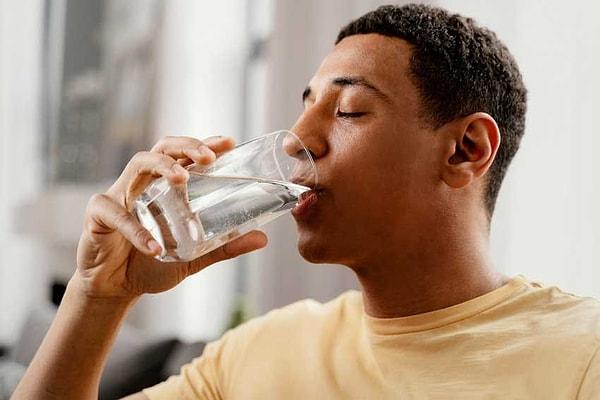
Additionally, some people claim that drinking water before meals reduces appetite. Is this true?
A study from 2018 indicated that drinking water before meals may help reduce hunger and eat less, but this was only observed in individuals of average weight and body mass index. It is unclear how applicable this is for overweight or obese individuals.
A research from 2016 by Trusted Source suggests the following:
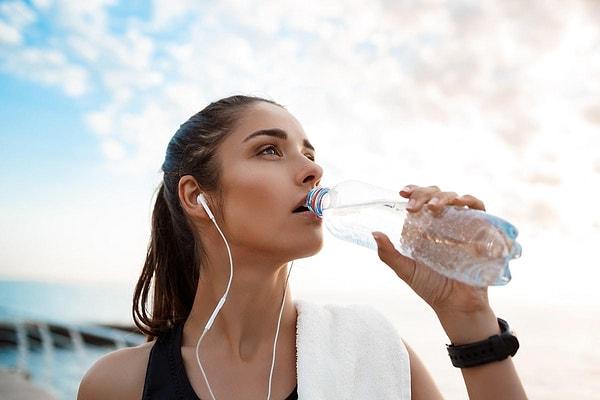
Choosing water over high-calorie beverages when not dieting or monitoring your nutrition may help reduce calorie intake.
Drinking water may help overweight or obese individuals burn more calories due to issues with their metabolism.
Water intake can stimulate your body to break down fats without raising your blood sugar or insulin levels, supporting weight loss.
However, another study in 2018 by Trusted Source did not provide evidence that increased water intake had any effect on body weight in overweight or obese adolescents.
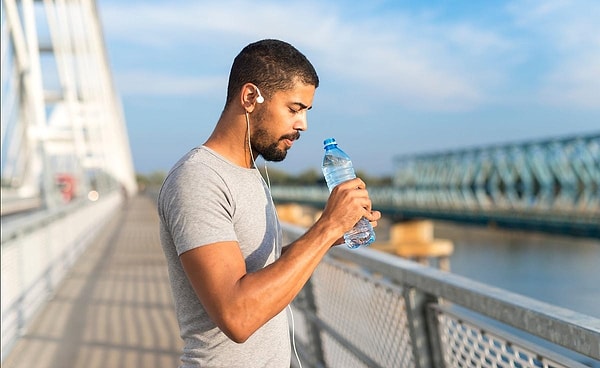
Further research is needed on this topic as well.
So, how much water should I drink daily to lose weight?

The recommended daily intake is eight 8-ounce glasses (about 2 liters) of water, but as mentioned in a 2017 study, this may not necessarily lead to weight loss. Fluid needs vary among individuals based on factors such as activity level, age, and health status. It is important to monitor signs of dehydration such as dry skin or dark-colored urine, and it is recommended to drink water when you feel thirsty. Fluid intake recommendations vary by gender; women are advised to consume 2.2 liters per day, while men are advised to consume 3 liters. However, these are approximate values and may vary based on individual circumstances, so consulting healthcare professionals for personalized advice on water intake is recommended.
Can we lose belly fat by drinking water?
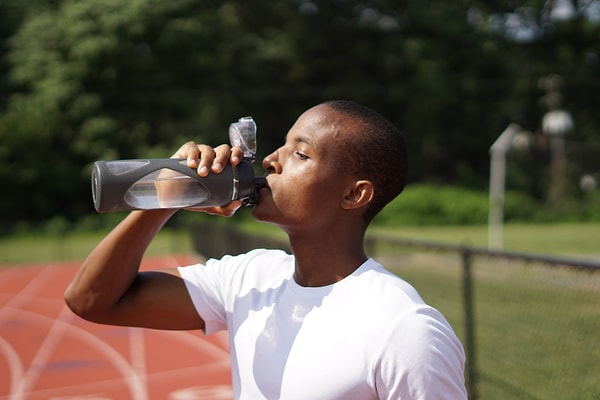
There is currently no research supporting the idea that drinking water can help you lose belly fat, so any such suggestion is purely anecdotal.
How much weight can be lost with a few days of water fasting?

A study in 2021 by Trusted Source, examining 45 individuals who were not obese or overweight, found that fasting on water alone for 5 days resulted in approximately 5 kg or about 11 lbs of weight loss. However, water fasting without medical supervision is neither safe nor recommended by healthcare professionals. It can lead to life-threatening complications such as low sodium and brain swelling. Balanced nutrition and staying physically active are more sustainable and safe ways to lose weight in the long term.
In summary:
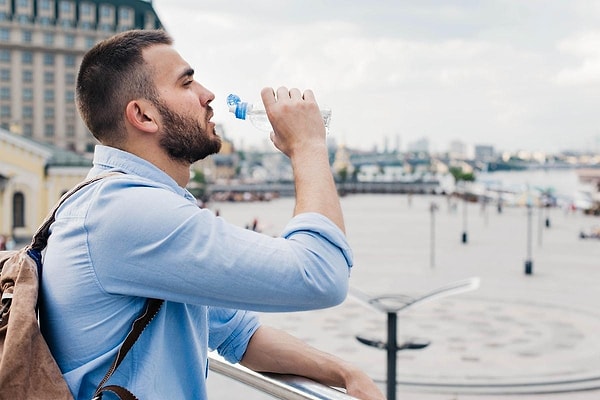
Water can be a beneficial part of your weight loss journey. It is 100% calorie-free, may help you burn more calories, and can even suppress appetite if consumed before meals. The benefits increase when you replace sugary beverages with water, offering a simple way to reduce sugar and calorie intake. However, there is not enough evidence to directly link increased water intake to weight loss. If significant weight loss is needed, a weight loss plan that includes more health-promoting actions alongside increased water intake will be required.
Keşfet ile ziyaret ettiğin tüm kategorileri tek akışta gör!


Send Comment